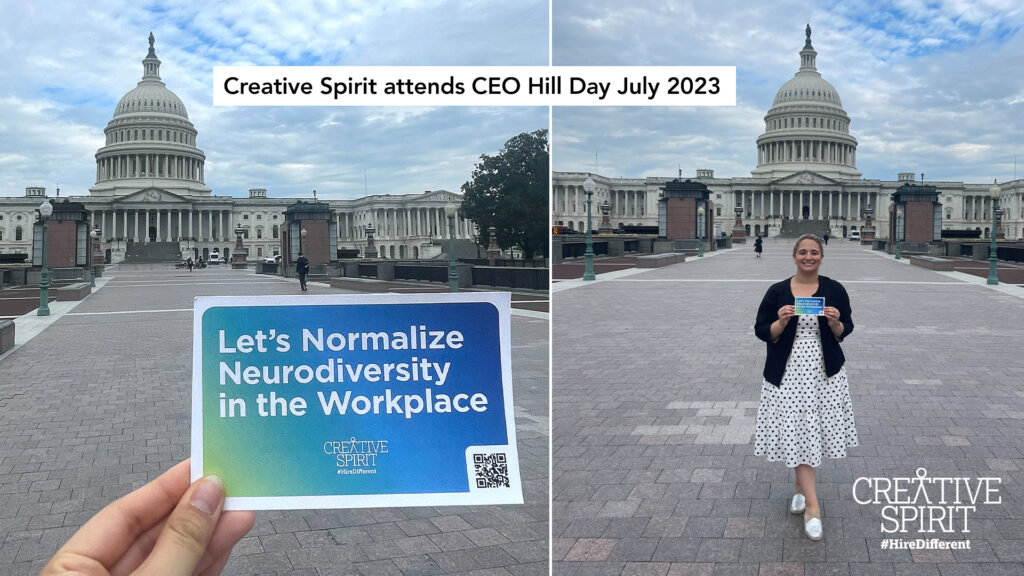Written By: Menachem Rephun, Communications Manager/Advocate and Joanna McElnea, Community Manager/Advocate

On July 18, just over a week before the 33rd anniversary of the Americans With Disabilities Act (ADA), Creative Spirit participated in the CEO Commission Hill Day, which brings together business leaders on Capitol Hill to advance disability-inclusive employment through policy, practice, and culture. This annual event is an initiative of Voya Financial, the Society for Human Resource Management (SHRM), and the National Down Syndrome Society (NDSS), all of whom are long-standing friends and supporters of Creative Spirit and disability rights. Joanna McElnea, Creative Spirit’s Community Manager, attended the event, which featured insights and discussions on vital legislation such as the Transformation to Competitive Integrated Employment Act (TCIEA); the Disability Employment Incentive Act; the ABLE Employment Flexibility Act; and many other efforts to create a more inclusive society for Americans with disabilities.
The TCIEA is strongly connected with the legacy of the ADA, and is central to Creative Spirit’s goal of phasing out 14c, an outdated policy allowing employers to pay workers with intellectual and developmental disabilities sub-minimum wage. Currently, countless Americans with disabilities are employed in sheltered workshops, denied basic dignity and working for compensation so limited it essentially constitutes slave labor. If passed, the TCIEA would prohibit the issuance of new 14c certificates; phase out the use of existing 14(c) certificates over the next five years; create a competitive grant program to assist states in transitioning 14(c) certificate holders to model that support competitive, integrated employment; and establish technical assistance centers to support certificate holders in the transition. About 940 organizations currently use 14c certificates, but fortunately, that number is decreasing. Another important legislative effort is the SSI Savings Penalty Elimination Act, which would increase allowable asset limitations from $2k to $10k for SSI-qualifying individuals, and from $3k to $20k for married couples, which in turn eliminates the marriage penalty for two SSI-qualifying individuals who choose to marry, and annually adjusts the limits for inflation. We’re also advocating for safe and equitable travel; authentic media, TV, and film representation; access to education; and global anti-discrimination policies.
During 2023 CEO Hill Day these legislative efforts are crucial to ensuring fair-wage employment for Americans with disabilities, who comprise the largest minority demographic in the United States. All of the above-mentioned advocacy builds on the legacy of the ADA, arguably the most important disability rights legislation in U.S. history. The ADA offered groundbreaking protections against discrimination and improved accessibility for millions of Americans with disabilities, and Creative Spirit’s work involves fulfilling its promise for future generations. At the same time, as educator and researcher Dr. Stephanie Cawthon notes, the ADA, as valuable as it is, still represents the “floor, not the ceiling”. In other words, hiring people with disabilities, reducing ableism, creating positive attitudes, and doing the work to achieve full inclusion for people with disabilities is still up to all of us, on an individual and collective level. In addition to grassroots activism and advocacy, we believe change can and should start at the top with legislators and business leaders in a position to make a difference. Those with significant influence have an ethical responsibility to address the problem of unemployment for Americans with disabilities. By doing so, they can dramatically improve their own organizations in the process and help create the disability/neurodiversity inclusive and accessible society promised by the ADA more than three decades ago.






